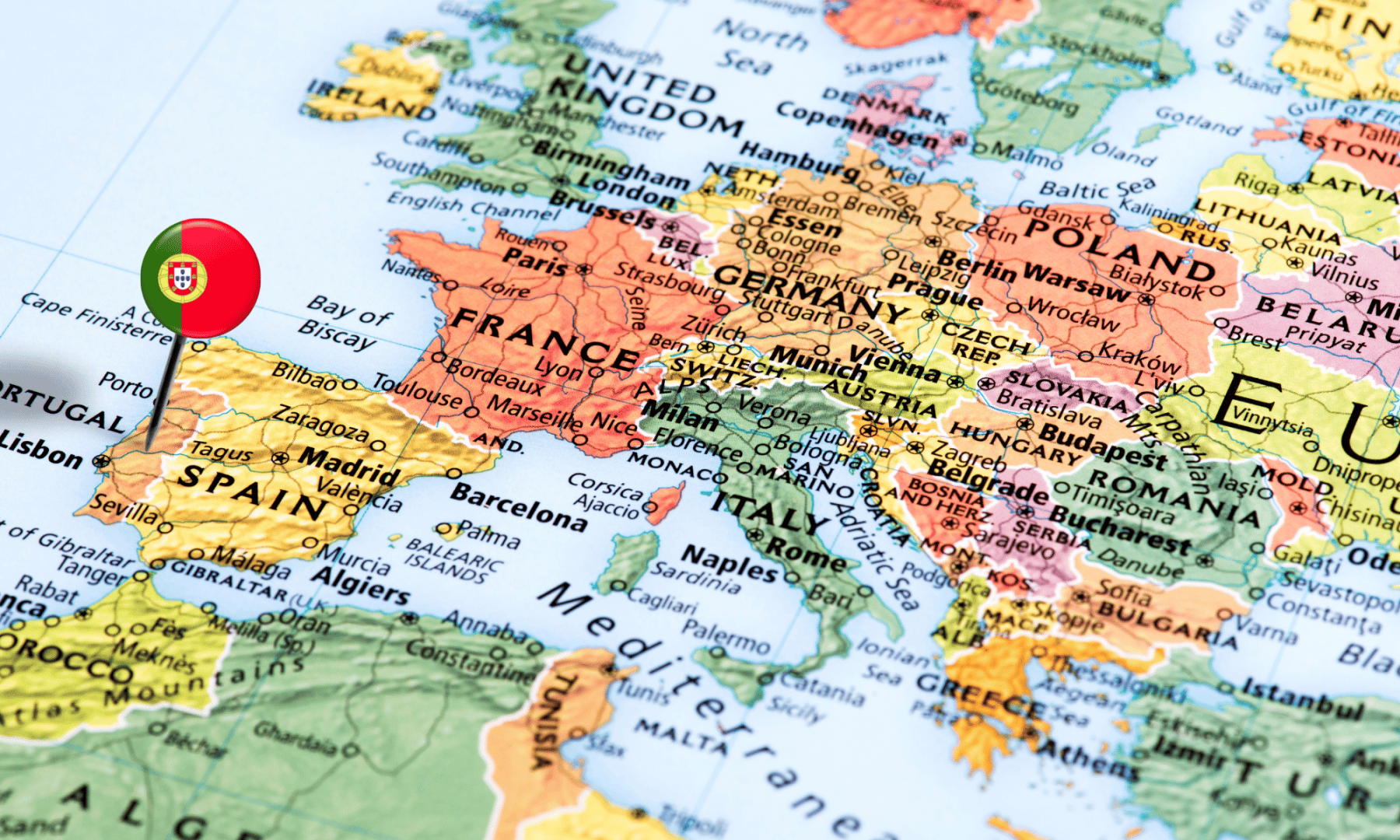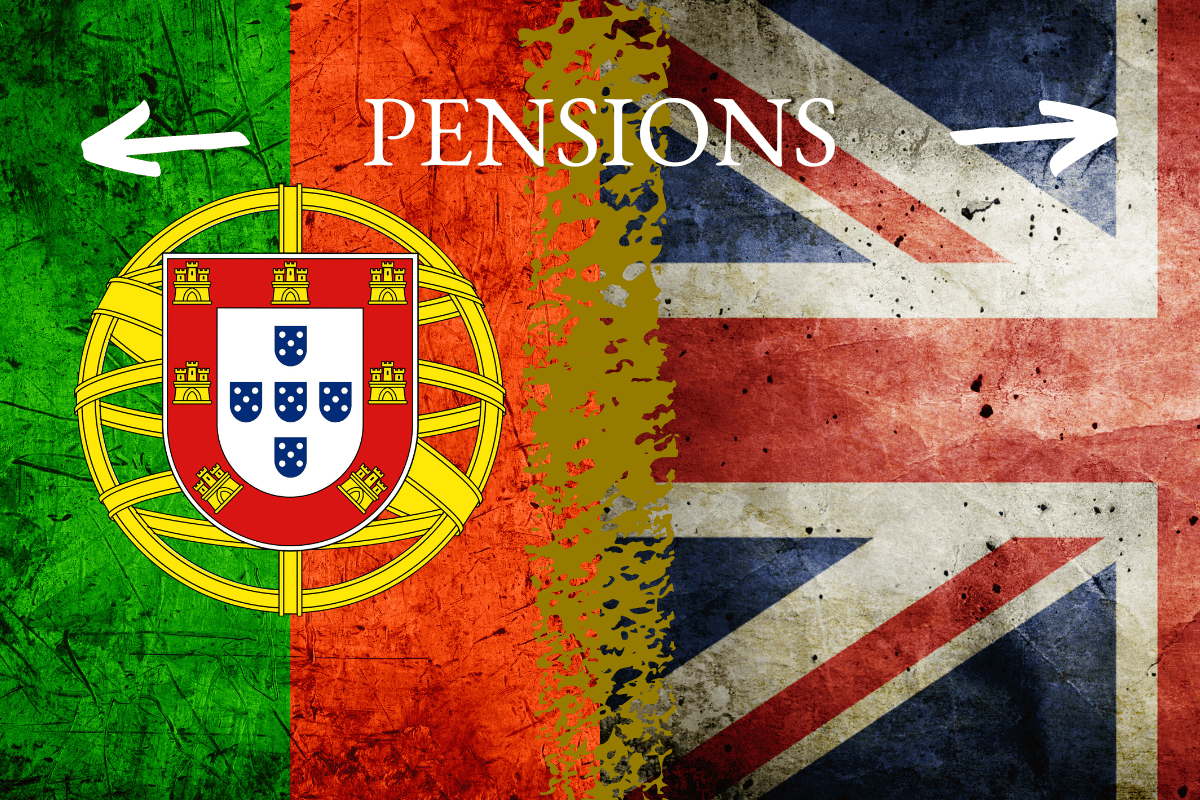Can I keep my UK bank accounts, Individual Savings Accounts (ISAs) and other investments?
Moving to a new country is exciting, although it does present challenges. New processes, bureaucracy and language, but it also may mean you have to reshuffle your finances.
Each person should seek individual advice when it comes to financial planning, but here I touch on commonly held assets, the main points that you should be aware of and what you can do about them.
Bank accounts
Whilst many expats will open a new bank account in their new country, most of us also keep our UK bank accounts, not only for practical reasons but also because we understand and feel comfortable holding them.
However, post-Brexit many UK banks are asking account holders living outside of the UK to close their accounts. This can pose a problem because if you have already moved to Portugal, it is unlikely that you will find an alternative UK bank that will be willing to accept new non-UK customers.
The Channel Islands and the Isle of Man are popular alternatives to the UK when it comes to banking, but you should be aware that these are considered ‘blacklisted jurisdictions’ by Portugal and therefore interest is taxed punitively at 35%, rather than the usual 28% or 0% under NHR (Non-Habitual Residence).
Individual Savings Accounts (ISAs)
Firstly, consider the tax dimension. They do not retain the tax exemptions when held by Portuguese residents. For (NHRs), interest and dividends are tax exempt during the 10-year period but realised gains are taxed at 28%. For non-NHRs, interest, dividends and gains are taxed at 28%.
But whether you decide to retain your UK ISA or restructure it will depend on your longer-term plans, some things you might consider are: how long you will stay in Portugal, do you need to make withdrawals, do you want to top up, can you make changes to the underlying investments if a Stocks & Shares ISA, or what are the returns on Cash ISAs?
If your move to Portugal is short-term, or if you are not certain that it will be your long-term home, then there is a case for retaining your ISAs. Although you cannot add to them whilst non-UK resident, you can continue to hold them, and once you return to the UK they resume their tax efficiency.
A planning point you may wish to consider if you have a Stocks & Shares ISA is to ‘rebase’ by selling and then immediately repurchasing the same funds within your ISA prior to leaving the UK to ‘wash out’ any taxable gains accrued to the point of your departure. This way, if you did decide to restructure, encash, or withdraw from the ISA as a Portuguese tax resident in the future, there would be little or no tax to pay in Portugal.
As a general guideline, if you believe your move to Portugal is long-term (as a rule of thumb, 5 years or more) then restructuring and starting an investment vehicle that is suitable for residency in Portugal would make sense for greater tax efficiency, amongst other reasons. If this is the case, planning well in advance is advantageous, as there is no tax on ISA closure for UK residents.





















